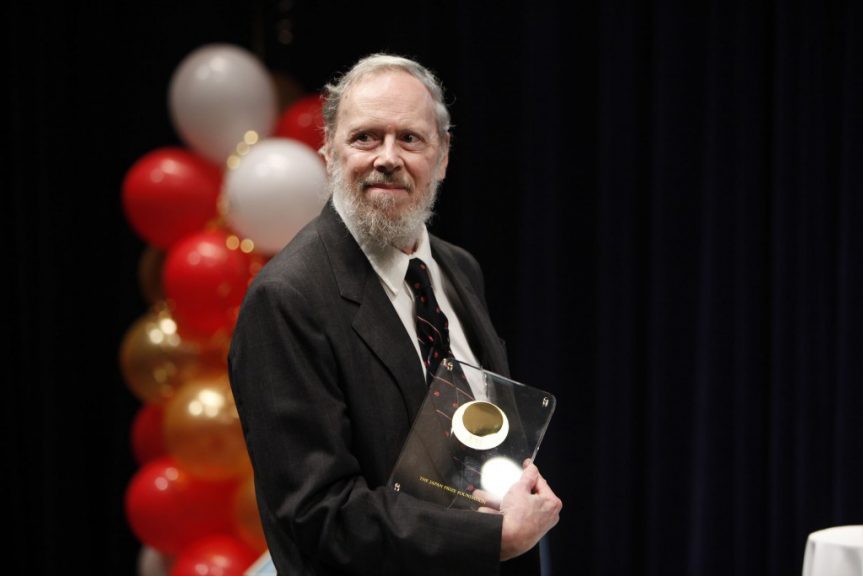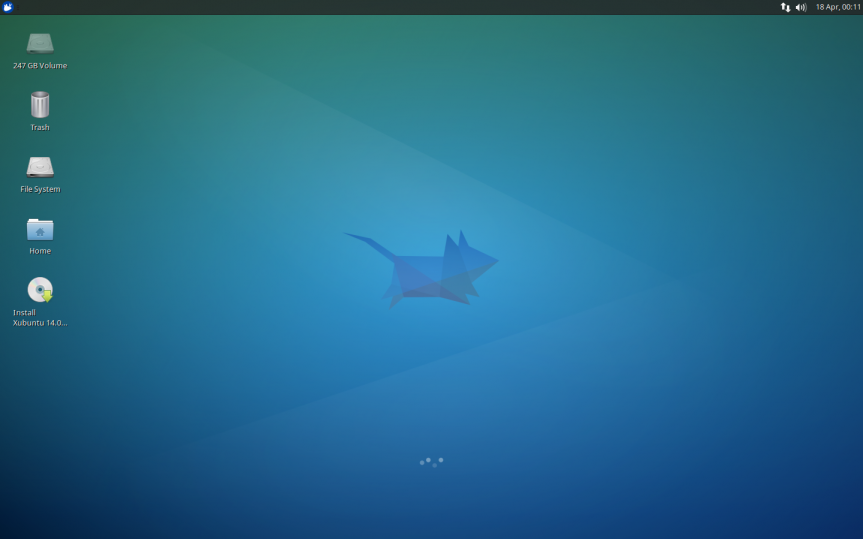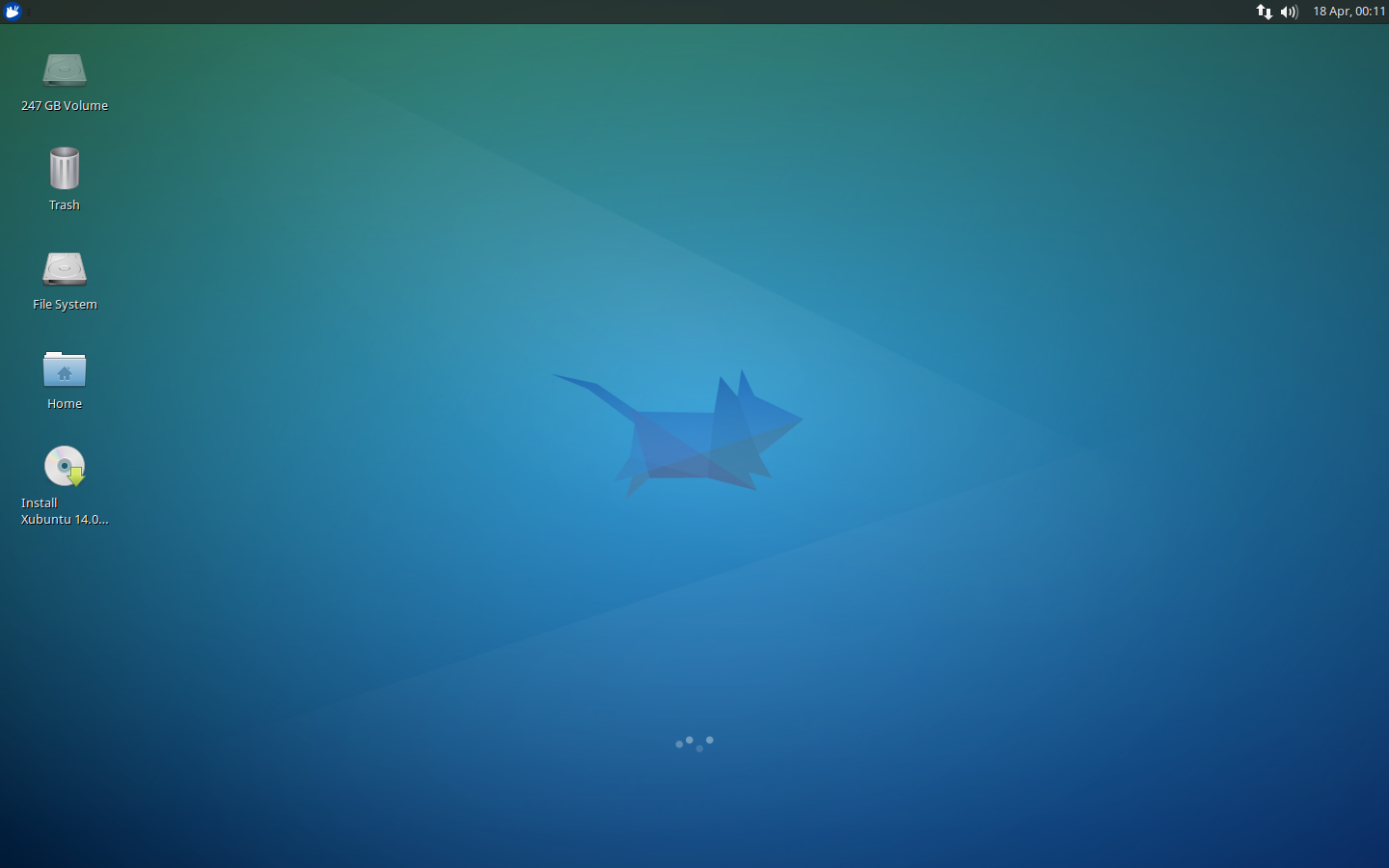
Open source is software with source code that anyone can inspect, modify and enhance. A reason why software engineering has grown so much is open source. Because this type of sofware lets other people improve and utilize code that can be useful for themselves and for the owner of that software. That leads us to a circle of improvement and innovation in this discipline.
There are also another reasons why people like open source software, such as:
- Control: you can examine the code and modify it as much as you want to.
- Training: it helps people to become better programmers. The accessibility of this type of software let programmers to study and learn to make better software.
- Security: Because anyone can view and modify open source software, then it is fixed, updated and upgraded more quickly than propietary software.
“Open source vaules and principles apply to the world beyond software. We like to think of open source as not only a way to develop and license computer software, but also an attitude” (From opensource.com)
The relevance of open source is to share. Sharing is what helping this industry to become better everyday.
Source:
- https://opensource.com/resources/what-open-sourc
- http://www.pcworld.com/article/209891/10_reasons_open_source_is_good_for_business.html
- http://searchenterpriselinux.techtarget.com/definition/open-source-software









